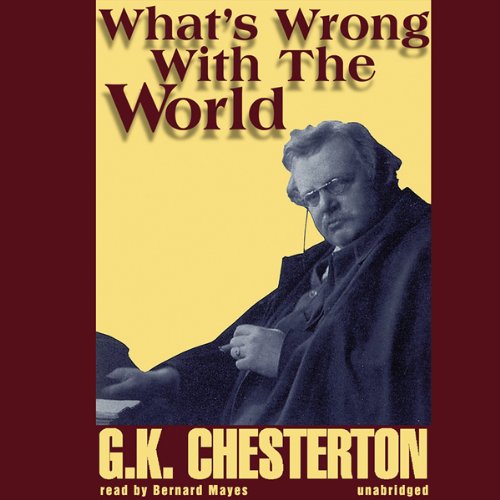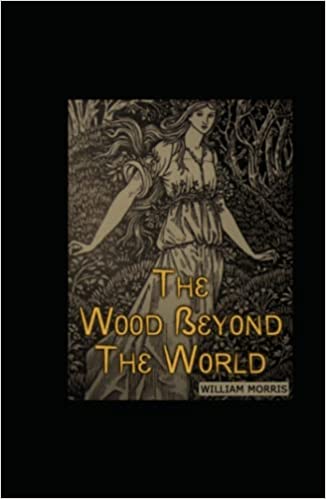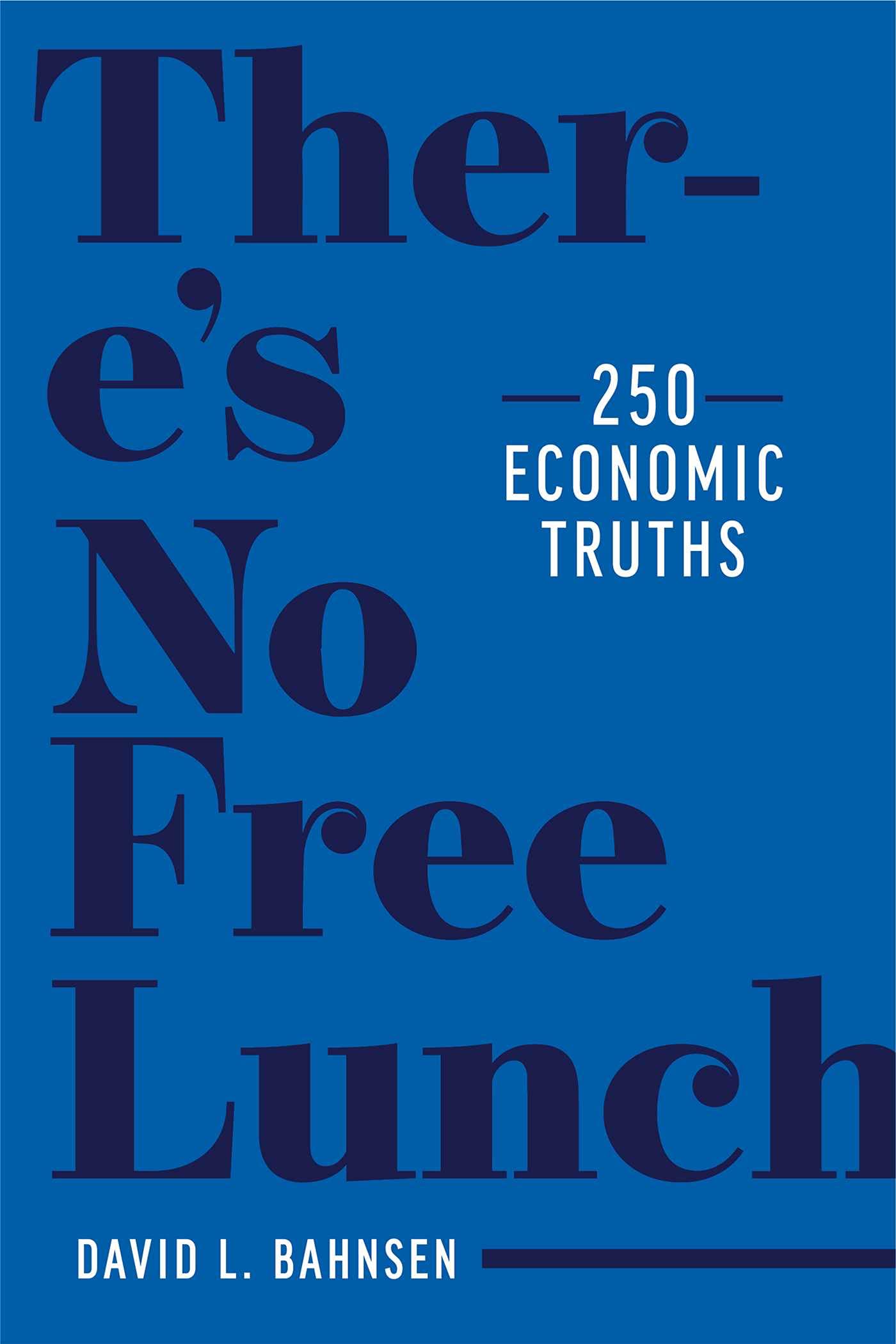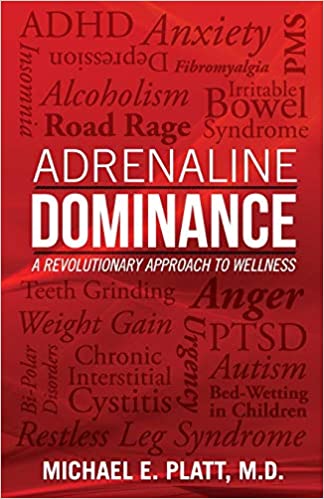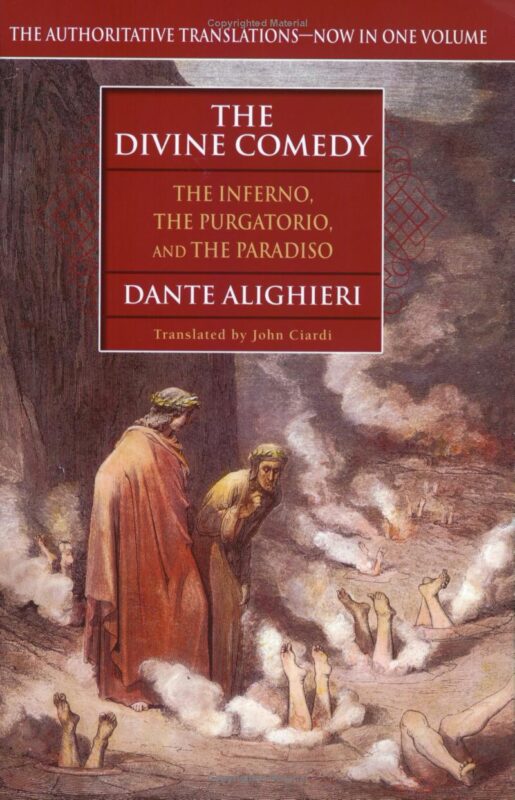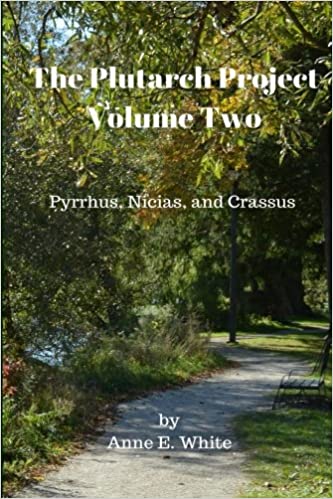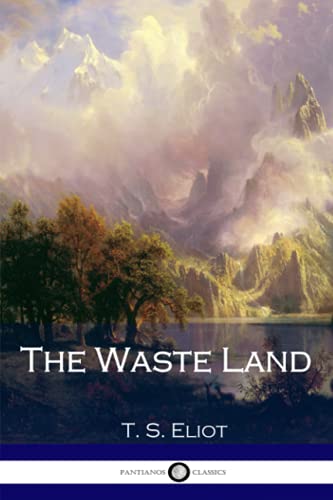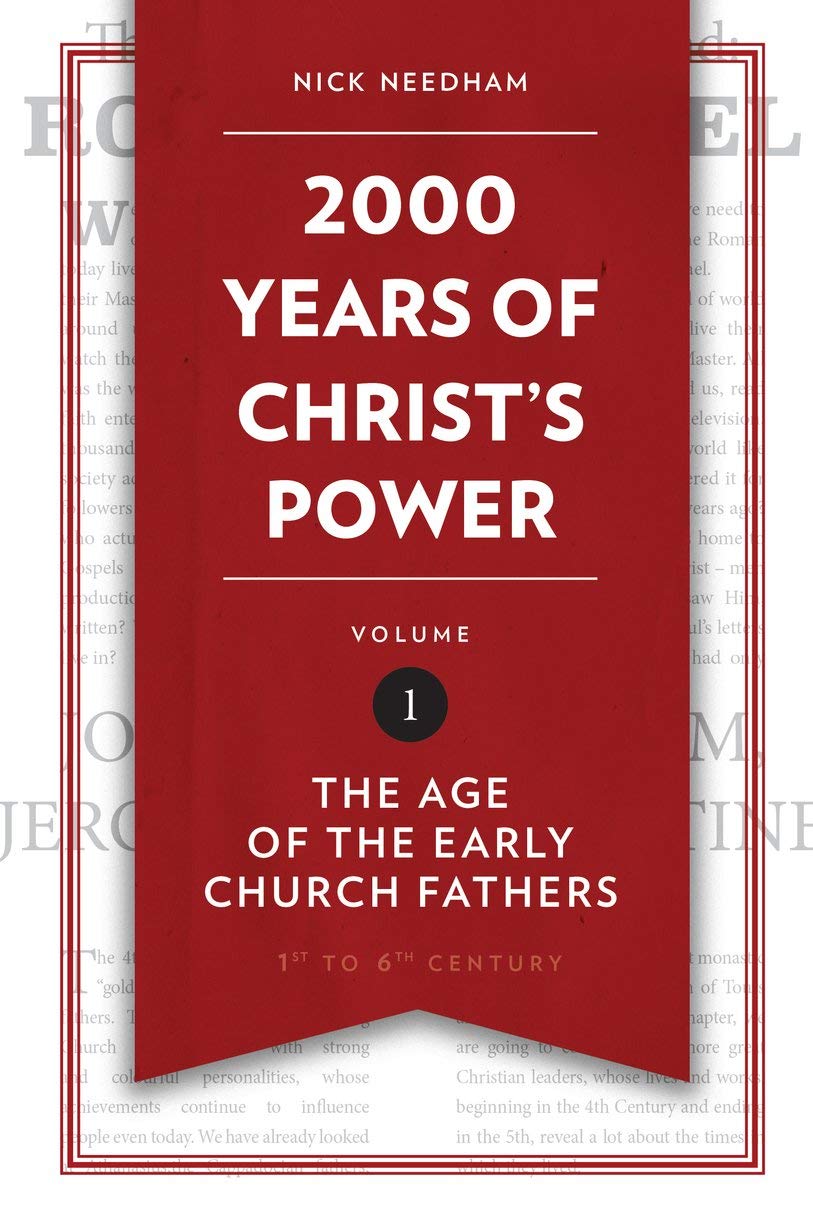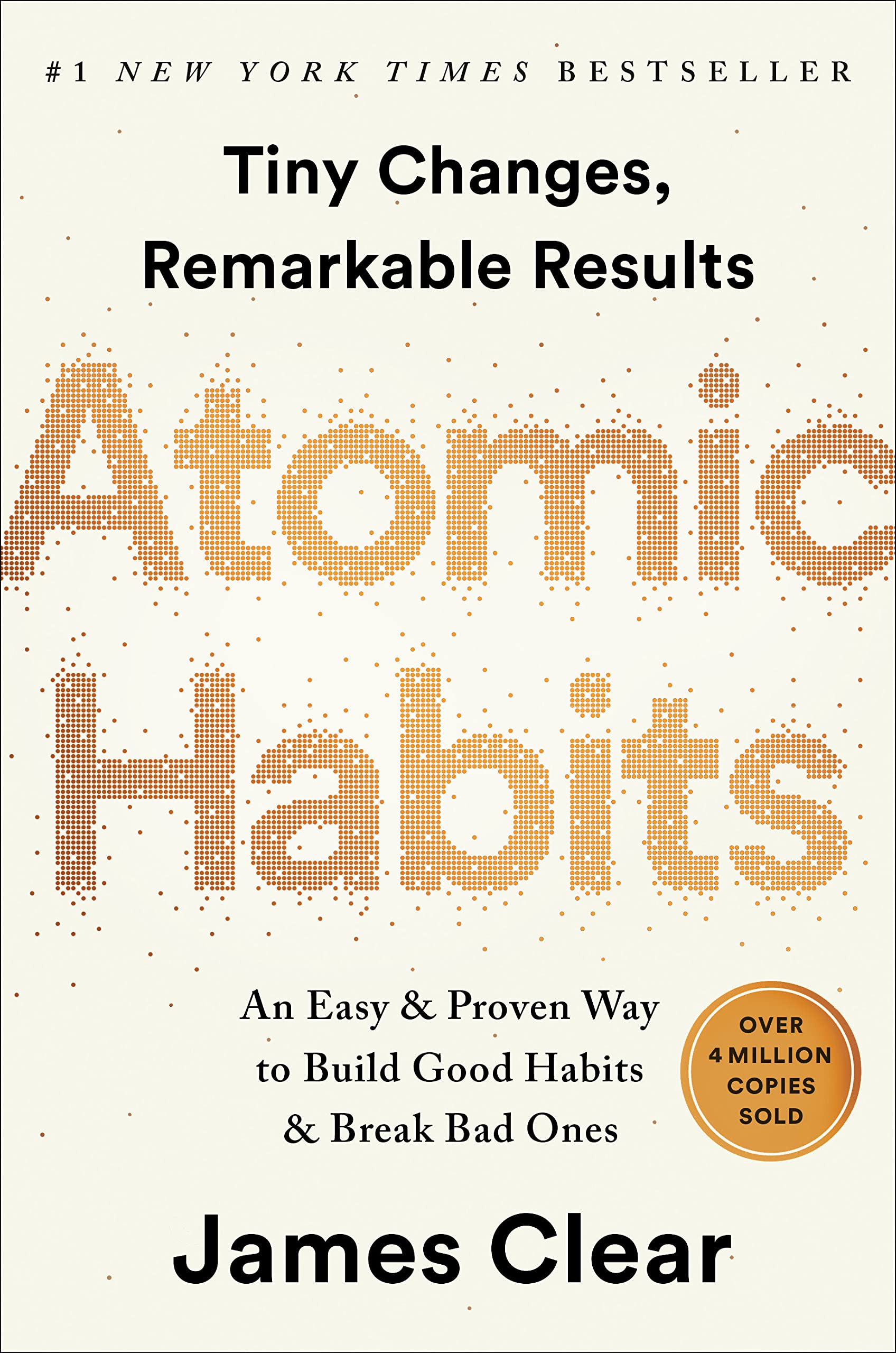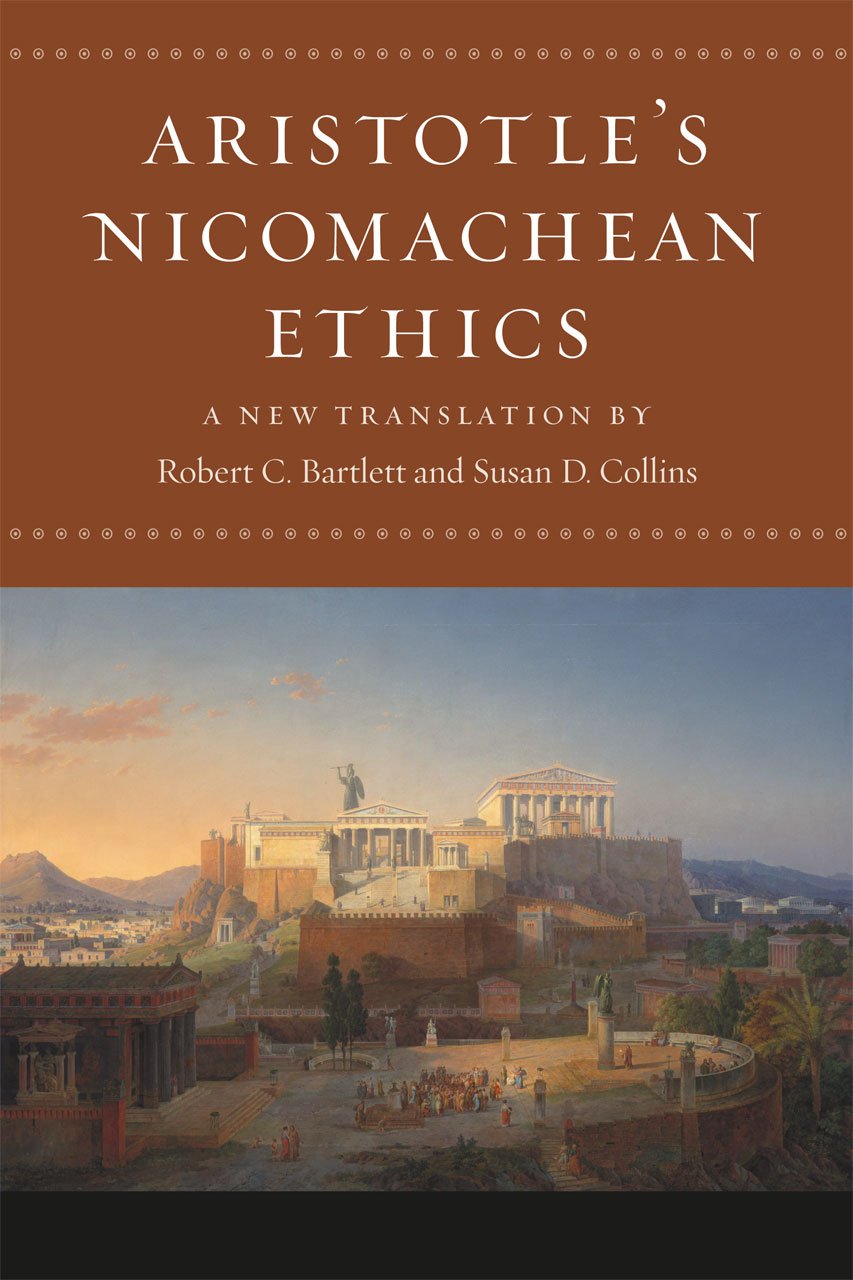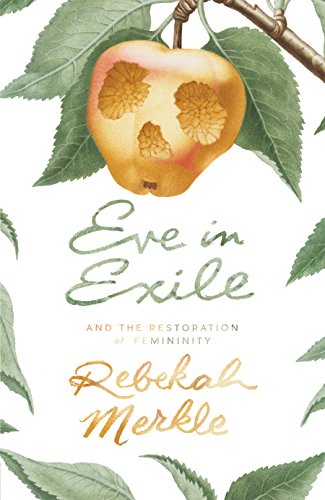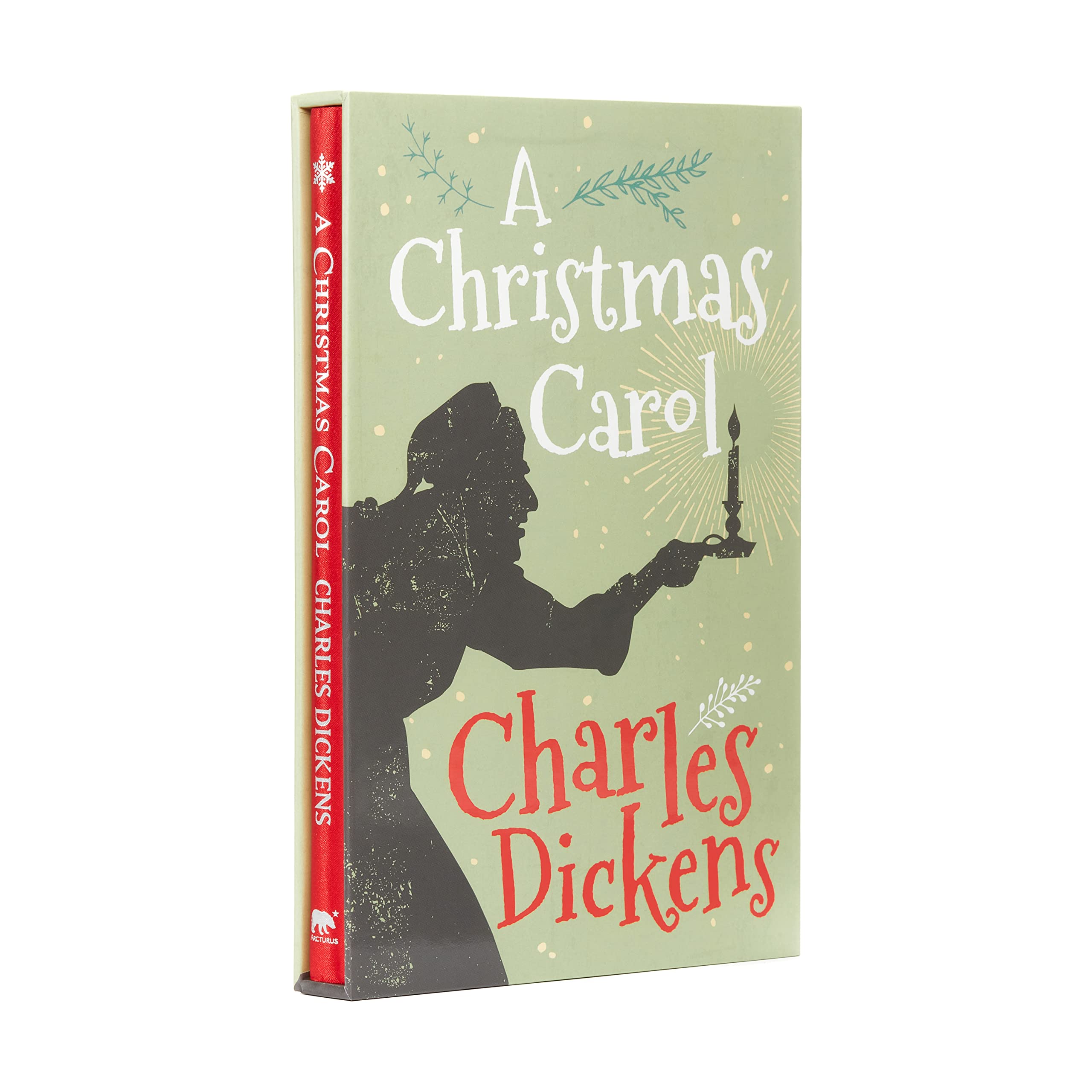What’s Wrong with the World
In this important book, G.K. Chesterton offers a remarkably perceptive analysis of social and moral issues, even more relevant today than in his own time. With a light, humorous tone but a deadly serious philosophy, he comments on errors in education, on feminism vs. true womanhood, on the importance of the child, and other issues, using incisive arguments against the trendsetters’ assaults on the common man and the family.
Chesterton possessed the genius to foresee the dangers of implementing modernist proposals. He knew that lax moral standards would lead to the dehumanization of man. In this book, he staunchly defends the family against those ideas and institutions that would subvert it and thereby deliver man into the hands of the servile state. In addressing what is wrong, he also shows clearly what is right, and how to change things in that direction.
More info →The Wood Beyond the World
"The Wood Beyond the World" was first published in 1894 and its author, William Morris is often considered one of the authors who aided in the growth of fantasy, utopian literature, and science fiction. C.S. Lewis cites William Morris as one of his favorite authors and J.R.R. Tolkein admits to being influenced greatly by Morris' fantasies. The hero of this romance is named Golden Walter, son of Bartholomew Golden, a great merchant in the town of Langton on Holm. Tired of his mundane life, Walter sets out on a sea voyage, anxious to see and learn more of the outside world, eventually winning for himself the kingdom of Stark-Wall and the love of a beautiful maiden.
More info →There’s No Free Lunch: 250 Economic Truths
The best way to defend the cause of human flourishing against this current onslaught of dangerous economic thinking is to relearn time-tested economic truths.
The verdict is in: Free enterprise has lifted billions of people out of abject poverty all over the world and provided a higher quality of life than has ever been thought possible. But a growing case is forming in public opinion against free markets, and for a significantly larger command & control management of the economy. Whether you call it socialism or progressive leftism, more and more people are turning away from the forces of freedom and social cooperation that made the last two hundred years of prosperity possible, and embracing a system that deprives human beings of their dignity, impoverishing whole societies both financially and spiritually.
What David Bahnsen does here is pull from the masters—the great economic voices of the past and the present—to remind readers of the basic economic truths that must serve as our foundation in understanding the challenges of today. In 250 vital points, he combines pearls of wisdom from economic legends with his own careful commentary to provide readers the perspective, information, and reaffirmation they need in order to see economics for what it is. It will empower you and equip you with the truth—250 truths—that are crucially needed to keep the lights on in civilization and advance the cause of human flourishing.
More info →The Divine Comedy (The Inferno, The Purgatorio, and The Paradiso)
Belonging in the immortal company of the great works of literature, Dante Alighieri’s poetic masterpiece, The Divine Comedy, is a moving human drama, an unforgettable visionary journey through the infinite torment of Hell, up the arduous slopes of Purgatory, and on to the glorious realm of Paradise—the sphere of universal harmony and eternal salvation.
Now, for the first time, John Ciardi’s brilliant and authoritative translations of Dante’s three soaring canticles—The Inferno, The Purgatorio, and The Paradiso—have been gathered together in a single volume. Crystallizing the power and beauty inherent in the great poet’s immortal conception of the aspiring soul, The Divine Comedy is a dazzling work of sublime truth and mystical intensity.
More info →The Plutarch Project Volume Two: Pyrrhus, Nicias, and Crassus
The second volume in The Plutarch Project includes vocabulary, discussion questions, and other aids for students and parent/teachers, plus edited text for the Lives of Pyrrhus, Nicias, and Crassus.
More info →The Waste Land
Famous for juxtaposing Eastern cultures with Western literary references, The Waste Land has been celebrated for its eloquence, depth of meaning and numerous subtleties. Rich with allusions to religious texts of Hinduism and Buddhism, ancient literature, and Eliot's own life, the poem is admired to this day and is a common text in school and university English literature courses.
Painstakingly composed, the original drafts of The Waste Land were far longer than the final edition which is composed of five distinct parts. Truncation occurred on the advice of Eliot's contemporary and friend Ezra Pound. A famous line - "And we shall play a game of chess/The ivory men make company between us / Pressing lidless eyes and waiting for a knock upon the door" - was removed at the request of Eliot's wife Vivienne, it is thought for being too revealing about their married life.
Quickly ascending to the status of literary classic, The Waste Land is widely considered by literary scholars to be Eliot's finest poem, representing a maturity in his style and a confidence in both expression and in research.
Since its initial publication in 1922, it has been published dozens of times alone and in anthologies. This edition contains notes which explain and clarify the deeper and more nuanced verses.
More info →2000 Years of Christ’s Power
Every generation has an uncanny tendency to view themselves as more enlightened than those that have gone before. The Church certainly has made mistakes all through history – and yet, no insights which we possess would be possible without the efforts, and even some of the mistakes, of our ancestors. The first volume of 2,000 Years of Christ’s Power covers the period from the 1st Century AD to the start of the Middle Ages. From the works of Saint Augustine of Hippo to the first apologetic ever penned, this time in history established the foundations of what we take for granted today.
More info →Atomic Habits: An Easy & Proven Way to Build Good Habits & Break Bad Ones
No matter your goals, Atomic Habits offers a proven framework for improving--every day. James Clear, one of the world's leading experts on habit formation, reveals practical strategies that will teach you exactly how to form good habits, break bad ones, and master the tiny behaviors that lead to remarkable results.
If you're having trouble changing your habits, the problem isn't you. The problem is your system. Bad habits repeat themselves again and again not because you don't want to change, but because you have the wrong system for change. You do not rise to the level of your goals. You fall to the level of your systems. Here, you'll get a proven system that can take you to new heights.
Clear is known for his ability to distill complex topics into simple behaviors that can be easily applied to daily life and work. Here, he draws on the most proven ideas from biology, psychology, and neuroscience to create an easy-to-understand guide for making good habits inevitable and bad habits impossible. Along the way, readers will be inspired and entertained with true stories from Olympic gold medalists, award-winning artists, business leaders, life-saving physicians, and star comedians who have used the science of small habits to master their craft and vault to the top of their field.
Learn how to:
• make time for new habits (even when life gets crazy);
• overcome a lack of motivation and willpower;
• design your environment to make success easier;
• get back on track when you fall off course;
...and much more.
Atomic Habits will reshape the way you think about progress and success, and give you the tools and strategies you need to transform your habits--whether you are a team looking to win a championship, an organization hoping to redefine an industry, or simply an individual who wishes to quit smoking, lose weight, reduce stress, or achieve any other goal.
More info →Aristotle’s Nicomachean Ethics
The Nicomachean Ethics is one of Aristotle’s most widely read and influential works. Ideas central to ethics—that happiness is the end of human endeavor, that moral virtue is formed through action and habituation, and that good action requires prudence—found their most powerful proponent in the person medieval scholars simply called “the Philosopher.” Drawing on their intimate knowledge of Aristotle’s thought, Robert C. Bartlett and Susan D. Collins have produced here an English-language translation of the Ethics that is as remarkably faithful to the original as it is graceful in its rendering.
Aristotle is well known for the precision with which he chooses his words, and in this elegant translation his work has found its ideal match. Bartlett and Collins provide copious notes and a glossary providing context and further explanation for students, as well as an introduction and a substantial interpretive essay that sketch central arguments of the work and the seminal place of Aristotle’s Ethics in his political philosophy as a whole.
The Nicomachean Ethics has engaged the serious interest of readers across centuries and civilizations—of peoples ancient, medieval, and modern; pagan, Christian, Muslim, and Jewish—and this new edition will take its place as the standard English-language translation.
More info →Eve in Exile and the Restoration of Femininity
The swooning Victorian ladies and the 1950s housewives genuinely needed to be liberated. That much is indisputable. So, First-Wave feminists held rallies for women's suffrage. Second-Wave feminists marched for Prohibition, jobs, and abortion. Today, Third-Wave feminists stand firmly for nobody's quite sure what. But modern women -- who use psychotherapeutic antidepressants at a rate never before seen in history -- need liberating now more than ever. The truth is, feminists don't know what liberation is. They have led us into a very boring dead end.
Eve in Exile sets aside all stereotypes of mid-century housewives, of China-doll femininity, of Victorians fainting, of women not allowed to think for themselves or talk to the men about anything interesting or important. It dismisses the pencil-skirted and stiletto-heeled executives of TV, the outspoken feminists freed from all that hinders them, the brave career women in charge of their own destinies. Once those fictionalized stereotypes are out of the way -- whether they're things that make you gag or things you think look pretty fun -- Christians can focus on real women. What did God make real women for?
This book is published by Canon Press. At Canon Press, we’re gospel outfitters: no matter who you are or what you do, you’re called to be increasing in Biblical faithfulness. That’s because Jesus’s death and resurrection changed everything: All of Christ, for all of life, for all the world.
As the wisest man said, “Go, eat your bread with joy, and drink your wine with a merry heart; for God has already accepted your works” (Eccl. 9:7).
We believe reformation and revival start from faith in the Lord with joyful obedience to the Bible, and that is what makes everyday tasks significant and transforms culture. Because of these beliefs, we offer books on Christian living, encouragement, contentment, raising kids, healthy marriages, educational choices, classical education, homeschooling, politics, government, feminism, identity, manhood, womanhood, singleness, virtue, and so much more.
More info →A Christmas Carol
First published on 19 December 1843 and written at a time of decline in festive tradition, A Christmas Carol became an instant classic. While the character of Ebenezer Scrooge has become the epitome of miserliness, his story of redemption reinforces expectations for Christmas Day as a time of peace and goodwill to all men.
This beautiful hardback edition makes a wonderful seasonal gift that the whole family can enjoy.
More info →
